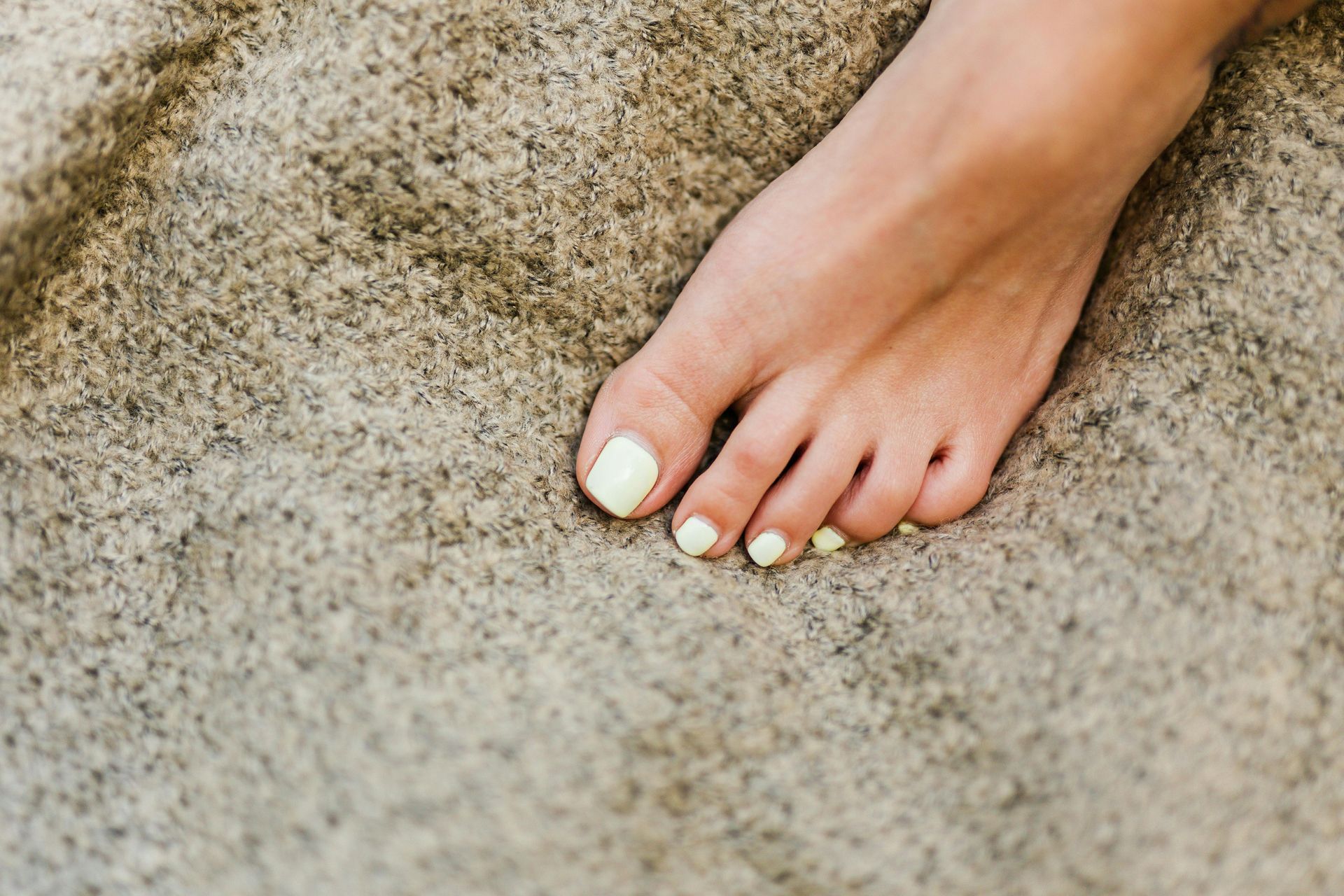Are you getting your zzzz's?
Jane Arlow • June 5, 2020
Here's why it's important..
In previous posts, I talked about sleep and its relationship with stress. The executive summary for this piece is that stress causes lighter sleep and poor-quality sleep increases feelings of stress. But it doesn’t just impact stress levels. Lack of sleep also has many other negative impacts on our bodies and minds.
Sleep is essential to our well-being. It’s a period of regeneration for our bodies and the time when our brains do their housework – cleaning and tidying up. Research indicates that sustained sleep deprivation, meaning a lack of that regeneration and housework, increases the likelihood of developing dementia, heart disease, infertility, obesity and diabetes.
Obviously, one night’s poor sleep is not going to tip us over the edge. But like stress, when poor sleep becomes chronic, it has an impact on well-being.
We're more emotional when we don't have enough sleep
When we have a poor night’s sleep, the next day, the amygdala (emotion centre) is more active. At the same time, our pre-frontal cortex (conscious decisions centre) is less active. So, we are more likely to react to things in an emotional than a rational way.
We perform as well as if we'd been drinking alcohol when we don't have enough sleep
As well as impacting our ability to make conscious decisions, lack of sleep can also impact our ability to perform tasks. Did you know that sleep deprivation was a factor in a number of very high- profile accidents – think the nuclear meltdown at Chernobyl and the Exxon Valdez oil disaster? And that driving under conditions of sleep deprivation is just as dangerous as driving drunk?
OK, so we're emotional, we're not performing properly. What else could possibly go wrong?
We eat more when we're short on sleep
Oh, look! There’s also a hormonal response to sleep deprivation, even over one night. There are two hormones that are produced in our guts – ghrelin, which regulates hunger; and leptin, which regulates feelings of being full. When we've had a poor night’s sleep, the body produces more ghrelin and we feel hungrier. At the same time, our bodies react less to the leptin so the gut doesn’t get the feeling of being full.
If we pair up this hormonal response with the heightened emotional responses to lack of sleep, we can see how we might be more likely to experience emotional eating and to consume a higher level of calories. Research indicates that we might consume up to 300 calories/ day more, even in cases of short-term sleep deprivation. The same research also identified that even if we have already eaten a full meal, we are more likely to consume these extra calories in sugary, salty and/or high carbohydrate foods. So, unsurprisingly, the researchers found that short habitual sleep time leads to an increased BMI proportional to the decreased sleep.
Now we know what happens when we're deprived...what should we know about sleep?
How much should we sleep?
We all have a sleep/ wake cycle of approximately 24 hours. This cycle is controlled by light and by a neuro-transmitter called melatonin that helps us to drift off. This means that when it’s darker, we want to sleep more than when it’s lighter.
In general, adults need to sleep around 6-8 hours per night and during the night will experience various types of sleep over roughly 90- minute cycles as the body regenerates, tidies and cleans up. Different types of sleep, at different times of the night, are associated with different activities. For example, we tend to have more deep sleep - associated with physical recovery and some aspects of memory and learning - earlier in the night; and more REM sleep - when we dream - in the last two cycles before our normal waking time.
We may wake up between 10-30 times per night but because some of these periods are really short, we may not even remember them.
In addition to stress and the light received by our eyes, there are a number of other factors that can affect our sleep/wake cycles: when and what we eat; exercise and when we do it; and temperature fluctuations. Luckily, these are all things that you can attempt control (and I’ll talk about the things we can control more in my next post).
Of course, for those amongst us who are naturally night-owls, the fact that we have to participate in a standard working day can mean that we’re not ready to go to bed early enough to match the required start of our day leading to an ongoing sleep debt. Sorry.
In summary then, getting quality zzzz’s in is essential for all aspects of our health. Look out for my next post on top tips on getting better sleep!
And if this is a topic that interests you, let me recommend the book "Why We Sleep" by Professor Matthew Walker*. It's a super easy read and will convince you of the importance of getting more and better sleep!
* This is an affiliate link which means that Amazon will pay me about 2p at some point in the undisclosed future, at no cost to you.










